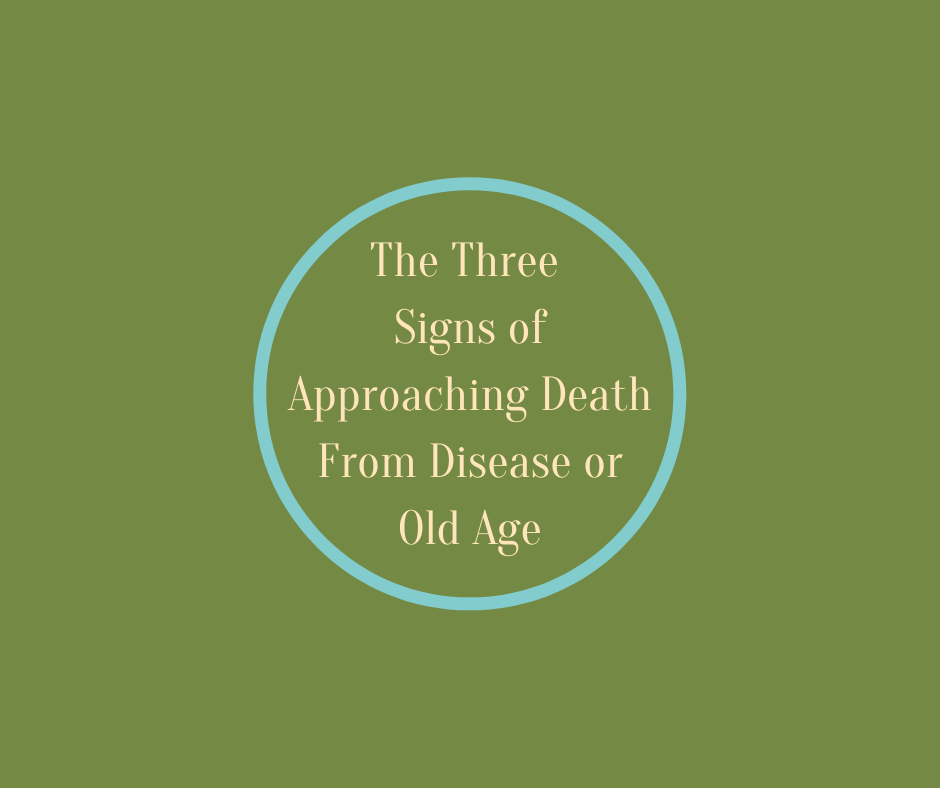I get a lot of letters like the one I’ve edited below. We, as a culture, are so unprepared for witnessing a death. We have no accurate role models. We don’t talk about it and for the most part we pretend it isn’t going to happen to us or anyone close to us.
When dying and death does come (and it will to us and to those we care about) we are unprepared and basically all the Halloween, Friday the Thirteenth type of scary movies we’ve watched kick in. We miss the sacredness of the moment and only experience the fear and perceived horror.
Dear Barbara: My mother’s death was the most haunting thing I have ever experienced and no one has been able to explain it to me. I am hoping you may be able to provide some insight, and some possible comfort to me, regarding my experience. I had expected that my mother would pass peacefully, her breathing would slow and she would float away. Instead, my mother bolted up (she hadn’t sat up in days). My brother stood by her side and she looked him straight in the eyes (she hadn’t made eye contact with anyone in days either). She had a look of intense fear – like nothing I had seen before. She told him she was afraid. My brother did everything he could to try to calm her down, to coach her towards her death, but it didn’t help. It felt like this went on forever. She died in that state – panicked and horrified – saying over and over how scared she was. There was no peace. No calm. No one can give me an explanation that will provide me any comfort that my mother did not suffer greatly when she died.
I know when something like what your mom did just before she died happens it scares us and leaves so many thoughts, concerns and questions. Here is what I have experienced and think I know: I know for sure people don't die like they do in the movies yet movies are our role models and when people don't die like in the movies (say a few gentle, meaningful words, then close our eyes) we think something pathological has happened.
I've seen many people do similar things as your mother when they were dying; silent screams, grimaces, sit straight up in bed, look around, talk (but not really make sense), have conversations with people I can't see or hear, fight, cry.
What do I think this means? I think the person is in a dream state and we don't know what they are dreaming but their actions are a reflection of their dream. Add fear to that dream state. We are all going to be afraid, to some degree, when we are dying and fear can manifest itself in the dream world as the equivalent of nightmares.
I think your mother was talking in her dream state and reflecting her anxiety and fear of this new life experience. All you and your brother could do was what you did; support her, try to calm her, and love her. Hospice could medicate her with anti-anxiety or relaxants but that close to death they would probably not have been effective.
You might think about writing your mother a letter. Put everything you've ever wanted to say to her on paper. Write about how scared you were and how much you wanted to help her, how much you miss her and how you are living your life now. When all the words and tears are on paper, burn it and scatter the ashes to the wind. From this point forward let how well you live your life, your happiness, your balance, be your gift to your mom.
Something More... about Dying Scared
Because families desperately need education about the dying process, I made a 25 minute video called NEW RULES for End of Life Care. The film covers the topics that caregivers need to know like food, hydration, narcotics and pain management, grief, and what to do to help a loved one have a more sacred death. This film is used by hospices across the country to support and educate families with a dying loved one.








10 comments